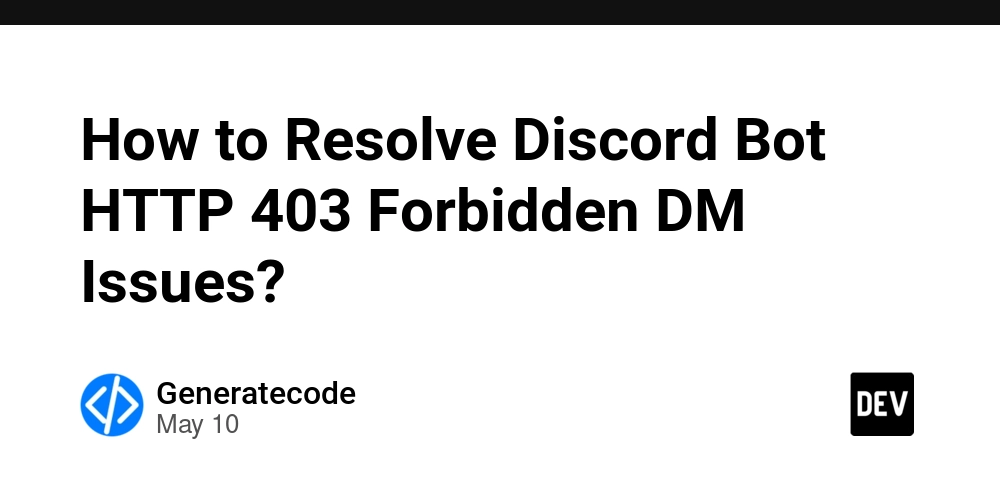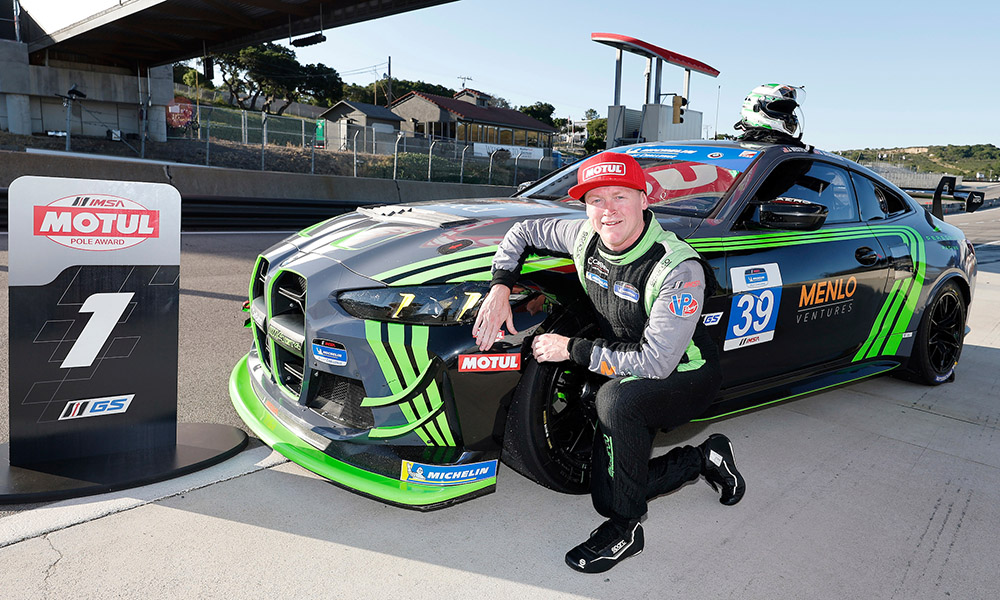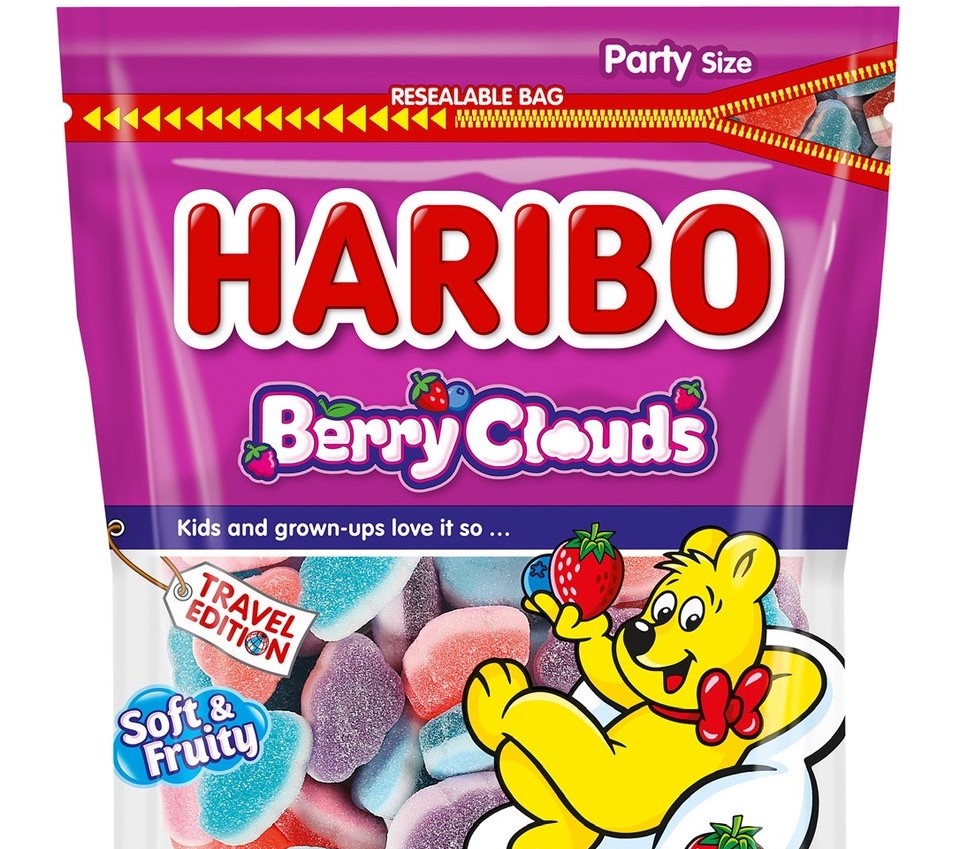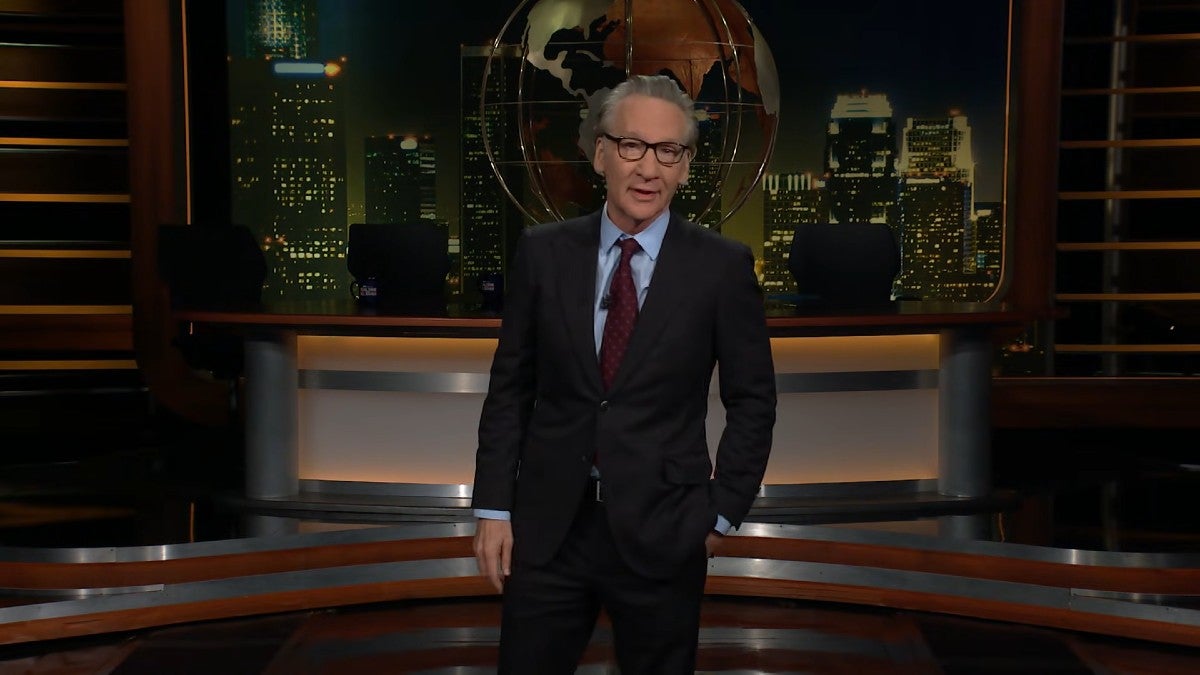How Risquè! Ashley Cooke on Dropping ‘the f word’ in a Country Song
Billboard looks at the writing and recording behind Ashley Cooke's "the f word."

She’s got a bit of a potty mouth, so when Ashley Cooke released a track titled “the f word,” her friends weren’t particularly surprised.
“I have the mouth of a sailor,” she says, “so [that title] didn’t really bother me, because it was just so brilliant. And I love that it was something that caught your attention off the bat. In today’s world with music, I feel like you kind of have to push the boundaries a little bit and do something that maybe shocks people and makes people curious.”
The phrase “the f word” is designed to hide a term that makes some folks uncomfortable. Oddly enough, “the f word” didn’t follow its inspiration to the letter, because “f” wasn’t the initial plan.
“I had written ‘The B Word’ down on my phone,” songwriter Emily Weisband (“If I Die Before You,” “Looking For You”) remembers. “I was talking to my friend one day, and she was like, ‘Could you see him being my boyfriend?’ I was like, ‘Ooh, you said the B word, dirty mouth.’ I just made a joke about it, so I wrote ‘The B Word’ down in my phone. And then as I thought about the idea more, I said, ‘You know, ‘the f word’ might be a little cooler, a little more potent.’”
Weisband had a Zoom writing appointment on Oct. 30, 2021, with Lori McKenna (“Humble and Kind,” “Girl Crush”) and Gordie Sampson (“Jesus, Take The Wheel,” “God, Your Mama, And Me”), and she suggested writing “the f word.”
Zoom presents some co-writing challenges, so under the circumstances, some F bombs were definitely dropped. “I’m gonna say just a couple – maybe 55, 60,” Sampson jokes.
The title looks like a novelty, so an uptempo song seems obvious. They took an unexpected turn, and wrote “the f word” as a ballad. “I love the juxtaposition sometimes when it’s a sad song that is upbeat, or a happy song that’s slow,” Weisband says. “I think that can be a really beautiful ‘art’ thing sometimes, so I kind of felt, because the title was a little gimmicky, [we should] balance that out.”
The thing was, the payoff line for “the f word” would be a surprise. Listeners would certainly expect the song to use a swear word, based on the title. But the writers had a different F word in mind. The goal was to tease the listener a bit, hinting at the implied four-letter term while introducing clues to the song’s actual F expression.
“I try not to swear” became the opening line, and they kept that first verse short, using just six lines until they got to the end of the pre-chorus: “I should wash my mouth out with soap.”
“If you, the listener, have granted us that you’re going to click on this, we owe it to you to keep you there and get to the point right off the top, instead of dilly-dallying and making them wait,” Sampson says.
“I said the F word in front of your mama” – the opening of the chorus – was dramatic enough, and they unwittingly dropped in a “what the hell” in the third line, before they finally got to the F word: “I’d probably spend forever with you.”
“Forever” may work in fairytales, but it often scares men away. And the singer in “the f word” keeps using it – she says it “in front of your sister” in the second chorus, and at “4 in the morning” in the third. Since the guy is still there, the risky “forever” word paid off.
Matching the surprise lyric, they stocked “the f word” with a couple of surprise chords at key moments. Sampson created a demo after everyone left Zoom, and a few weeks later, Weisband applied an almost-dreamy lead vocal. “We used a very mellow, reverbed-out, clean guitar in the background to stay out of the way of the lyric,” Sampson says. “We had to make a lot of space in the track for the lyrics, so that it would be out front and very present, so you could hopefully get reeled into it.”
A number of artists liked it, but “the f word” hung around unrecorded until Weisband emailed it among several songs to Cooke on Aug. 28, 2024. The title intrigued Cooke, and the “forever in front of your mama” line nailed it; Cooke had once made the mistake of telling her boyfriend’s mother over sushi that he had changed his mind and was ready to get married – before he was ready for his mom to know.
“He looked at me like I was a psycho person,” Cooke recalls. “I heard the song, and it took me immediately back to my sushi restaurant.”
Cooke performed it live for the first time during a Feb. 19 date at Nashville’s Brooklyn Bowl, with Weisband singing harmony, and she cut it with producer Dann Huff (Keith Urban, Rascal Flatts) before heading to Australia in March. Huff kept the spirit of the demo, though he turned the guitar background into a subtly morphing sound, the tones shifting indiscernibly from Derek Wells’ atmospheric guitar into Alex Wright’s glassy keyboards into Justin Schipper’s tangy steel. Jerry Roe snuck into the arrangement gradually, and Jenee Fleenor applied shimmering fiddle to a couple of spots, emulating a string quartet in the second verse.
“To me, there’s a dance to this song,” Huff says. “Jenee studied classical music when she was young, so she has the repertoire… She can be as bluegrass as she can be classical. That’s kind of where we went with this thing.”
Huff felt the track needed a fourth chorus, allowing them to repeat “I said the F word in front of your mama.” Cooke had her doubts, but they cut both options, and once she saw live audiences attempting to repeat the “mama” line when they sang along, she agreed with Huff. “We let it sit and marinate, and came back to it, and she chose that [extra chorus],” Huff says. “I’m glad she did, because I think it’s the right way to do it.”
Will Weatherly produced her lead vocal, and the final product turns a title that initially looks edgy into a sweet moment that feels, as Cooke says, “like ‘90s rom-coms.”
Big Loud released “the f word” to digital service providers on April 18, but there’s a chance it could go to radio. Programmers have responded well, recognizing that it lets adults in on the joke while keeping it clean for kids.
“It seems controversial, but it’s not,” Cooke says. “I’ve heard from a lot of program directors [who say] when the title comes across their dashboard, [fans] are curious, and so it makes them want to turn it up and listen to what’s happening. And when they hear it, there’s no profanity or negativity in the song. So it’s actually the best thing for them, because it catches attention without having to worry about the viewership and the age groups. It’s a really cool thing. We’ll see what happens.”













































































